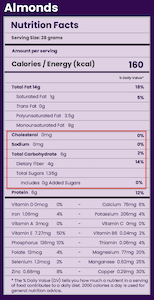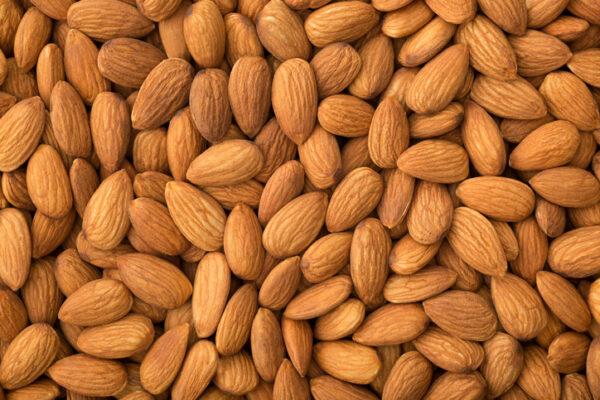Ever wondered why high-value and richly nutrient foods such as dry fruits or nuts are available at discounted prices on some websites?
While dry fruits and nuts have a longer shelf life than other fresh foods, they too are not beyond adulteration. These products age too. At TGLIA, we take dry fruits or nuts off the shelf if they have crossed their shelf life.
Through this blog, we wish to enlighten you about how long dry fruits or nuts last, and how to identify if they are spoiled. We hope this information helps you make an informed decision.
Factors influencing shelf life
The dry fruits and nuts have a certain expiry period. Their shelf life depends on a lot of factors, however, the three most common factors are –
- The date they were packed
- The drying method
- The method of their storage
Dry fruits are fruits with their moisture and water removed, so they last longer than fresh fruits. This usually lengthens their shelf life. Dry fruits and nuts last longer when they are kept sealed and opened only when they are consumed.
Lifespan of opened and unopened dry fruits
Dry fruits are usually packed in sealed poly bags or glass jars for the purpose of selling. When a customer buys a package of dry fruits or nuts, unseals the pack and puts it in an air-tight jar, not much damage happens and such dry fruits will last their age.
Opened dry fruits and nuts last for –
- 3-6 months past the printed date = when kept in a pantry
- 6-12 months past the printed date = when kept in a fridge
- 1 year or more past the printed date = when kept in a freezer
Unopened dry fruits and nuts will last longer than the above periods since they are usually kept in airtight boxes, jars or packets.
Unopened raisins, apricots, dates, almonds, cashews, walnuts etc last for –
- 6-12 months past the printed date = when stored in a pantry
- 1-2 years past the printed date – when stored in a fridge
- Indefinite time = when stored in a freezer
But unopened figs have a shorter lifespan (3-6 months in a pantry) because they do not have shells or any protection. This takes us to an important factor in the lifespan of dry fruits: shelled and unshelled. Shelled nuts and dry fruits such as walnuts, pistachios, shelled almonds, shelled peanuts etc will have a longer shelf-life since they have an extra layer of protection while unshelled almonds, peanuts, raisins will change taste more quickly.
How to tell if dry fruits or nuts are spoiled or rotten?
Any opened dry fruit or nut that has gone past the usual thresholds (as described above) will taste different or rancid. Some common traits of these going bad are –
- Discoloration (darker tone than usual)
- Hardness (they become more chewy as they age instead of being hard or crunchy)
- Loss of flavor
- Smell in case of figs or raisins
- Visible fungus
- Holes (as found in almonds or walnuts) bored by insects
Storage is everything
First, always check the date of packing these fruits before buying. Second, store them in a cool dry place. You may choose to store dry fruits such as raisins, anjeer, dates inside the fridge – as they are often without shells and may go bad faster.
Beware of exorbitant discounts
We advise you to be extra cautious while buying dry fruits and nuts with a marked difference in the usual pricing. It’s possible that their expiry date has passed and the seller is trying to sell off the stock. At TGLIA, we take utmost care in terms of packaging. We source our foods from trusted farmers and manufacturers who follow the process of safe packaging right from the time of production. As a result, our foods enjoy long-lasting health benefits. However, we advise you to always check some basic factors such as expiry date, the condition of the packaging and the above-listed factors for safer results.






